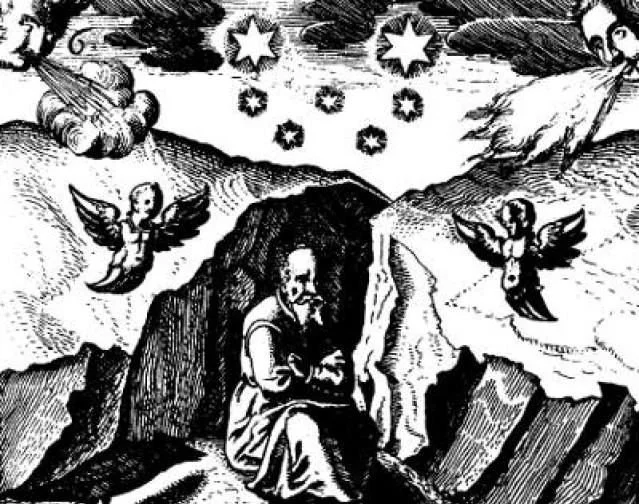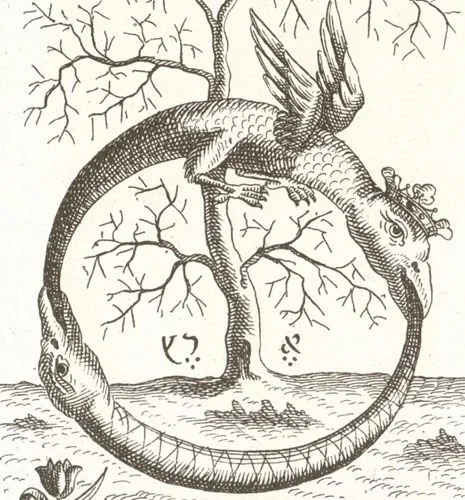Jung’s Alchemy: The Transformation of Potential
Psychological maturation
At the center of Jung’s psychology is the concept of the Self. In the same way that the body grows and matures over time, so too does the psyche aim to develop itself. Given certain social contexts, it is rare that this development goes on unimpeded. Rather, we accept some parts of ourselves and reject others. This rejection forms what Jung calls the shadow; those aspects that find themselves hidden from conscious view. By withdrawing projections cast by the shadow, we move closer to the wholeness Jung describes as the Self; a state associated with a potent sincerity.
The Magnum Opus
After his dramatic division with Freud, Jung found resonance with the cryptic work of 15th century alchemists; who appeared to be describing the same process of psychological maturation he too had stumbled upon. This process, later named individuation was described through the metaphor of the magnum opus by the alchemists. This four-fold process delineates the transformation of unconscious material into the philosopher’s stone; a potent and fully integrated state of being.
A scientific bedrock
Jung’s descriptions appear to coincide with the constraints of contemporary psychology; namely Francisco Varela’s concept of organisational closure and Donald Hoffman’s concept of hallucination. “…the behavior of [a] system is not specified or controlled by its environment but entirely by its own structure, which specifies how the system will behave under all circumstances.” This challenging concept lays a bedrock for seeing the context of the Alchemical processes: that our actions and perceptions are constrained by our structure, and thereby new behaviours may emerge from changes in deeper structures.
The reality of metaphor
“A metaphor retains unchanged the relationship which it ‘illustrates’ while substituting other things or persons for the relata.” Relationships are difficult to measure, but they may be captured through metaphor. Our language shows how we experience the world in terms of relationship, and thereby use metaphor to describe it. When we say something is “hard” or “going smoothly”, we are describing a cognitive experience as though it had a physical property. As per Douglas Hofstadter’s work on analogy as the core of cognition, we might see that a process of psychological transformation is best described through the language of metaphor and relationship, rather than that of facts and objects which so often lack emotional tone and cognitive digestibility.
Get involved
This topic has not yet gone ahead, although the research is organised. If you are interested in this topic, please note your interest. This work is also being synthesised into a longer term practice on Shadow work.



